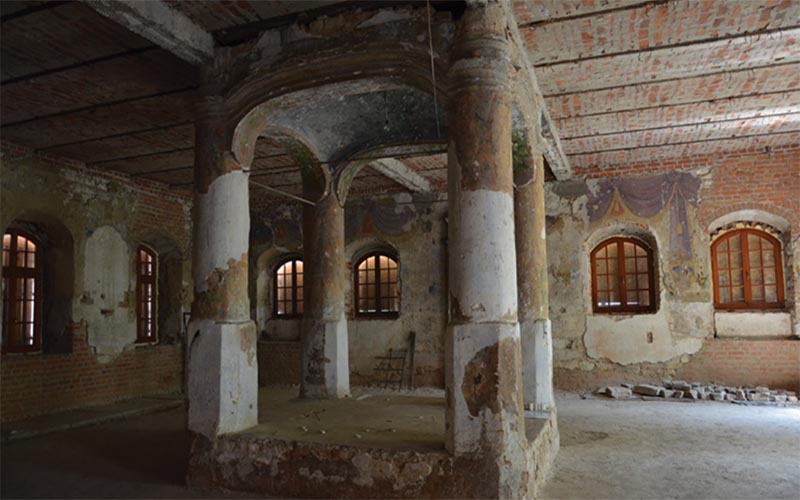Re-Centring the City: Global Mutations of Socialist Modernity
How can we empirically understand the continued and powerful influence of centrality on the formerly socialist and late-capitalist cities of today?

29 January 2020
By Jonathan Bach and Michał Murawski
What is the role of monumentality, verticality and centrality in the twenty-first century? Are palaces, skyscrapers and grand urban ensembles obsolete relics of twentieth-century modernity, inexorably giving way to a more humble and sustainable de-centred urban age? Or do the aesthetics and politics of pomp and grandiosity rather linger and even prosper in the cities of today and tomorrow?
Re-Centring the City zooms in on these questions, taking as its point of departure the experience of Eurasian socialist cities, where twentieth-century high modernity arguably saw its most radical and furthest-reaching realisation. It frames the experience of global high modernity (and its unravelling) through the eyes of the socialist city, rather than the other way around: instead of explaining Warsaw or Moscow through the prism of Paris or New York, it refracts London, Mexico City and Chennai through the lens of Kyiv, Simferopol and the former Polish shtetls. This transdisciplinary volume re-centres the experiences of the ‘Global East’, and thereby our understanding of world urbanism, by shedding light on some of the still-extant (and often disavowed) forms of ‘zombie’ centrality, hierarchy and violence that pervade and shape our contemporary urban experience.
Contributors include UCL Urban Laboratory Co-Director Dr Pushpa Arabindoo, and former artist in residence Tom Wolseley.
Available: Hive | Waterstones | Amazon UK
Publisher: UCL Press
Published: 29 January 2020
Format: Paperback / Hardback / Open Access PDF
ISBN 978-1-787-35411-1
Image: Kraśnik synagogue interior. Source: Natalia Romik.
 Close
Close

